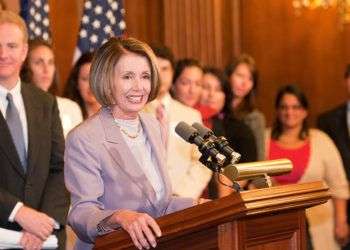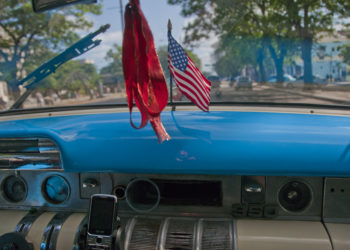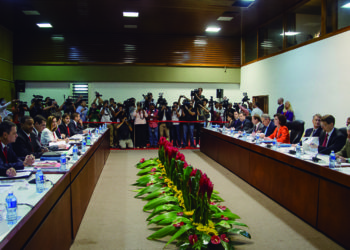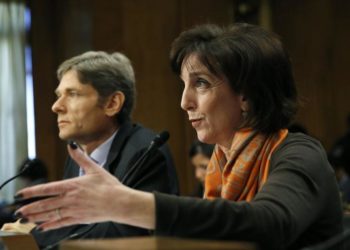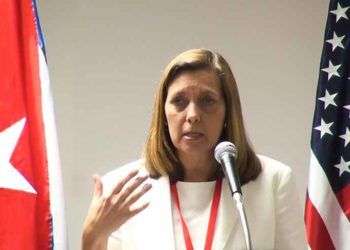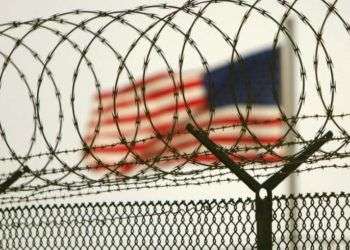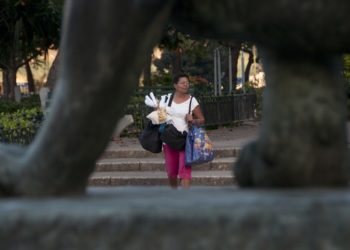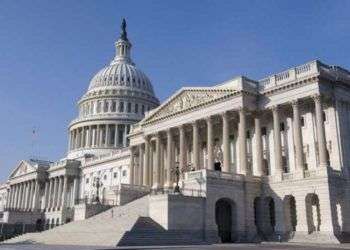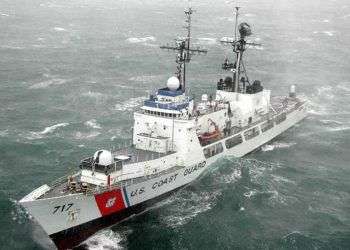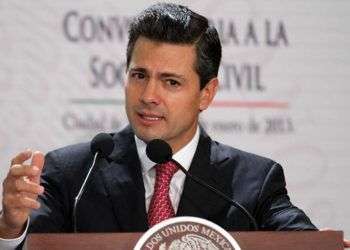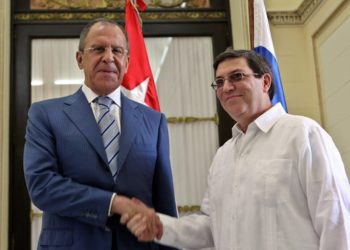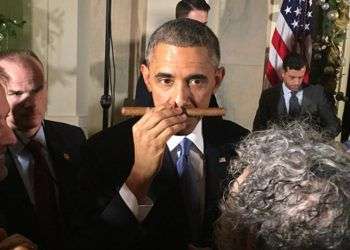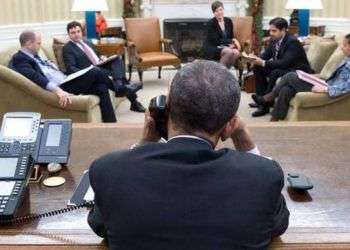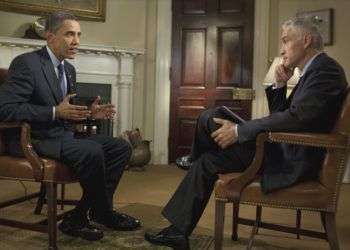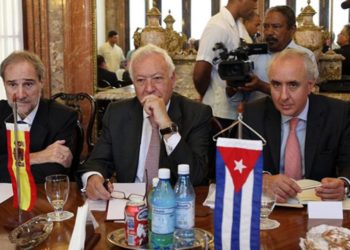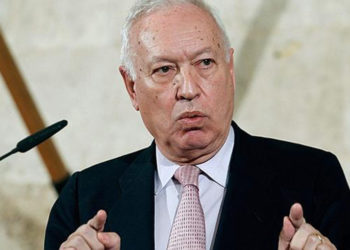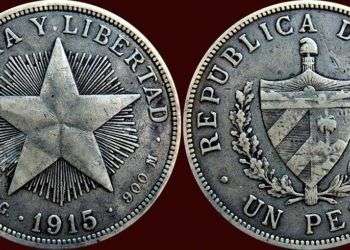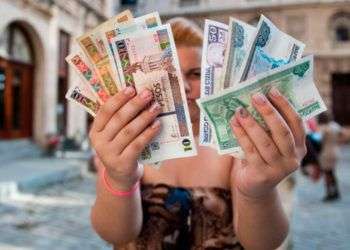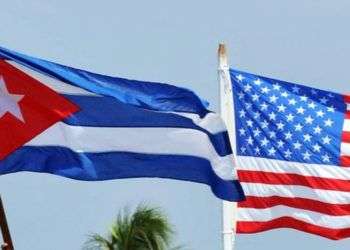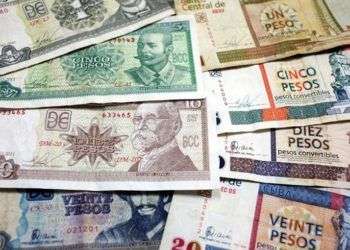Americans like Cuba
A Gallup poll found that 59 percent of Barack Obama compatriots favor normalizing relations with the small island country located ninety miles south of their coast. A similar percentage agrees to allow travel and that the government of its country “ends its over 50 year long embargo to Cuba." Responses were collected from the second week of February, after the first dialogue between the governments of Havana and Washington. "It's the first time Gallup asked Americans their opinion about Cuba, since Obama announced in December that he works to restore diplomatic ties with the communist country," Gallup explained when it published the survey results. That consulting firm said the move by the White House is perhaps the main reason for "increased positive feelings toward Cuba," noting that the action of US President likely impacted on that "their liking Cuba". Apart from the restrictions, 46 percent of Americans have a favorable view about the island nation with his State Department renegotiates on February 27th. The criterion improved considerably compared to the nineties. "It is notable because it is the most favorable rating that we measured for Cuba in the history of our investigations here in Gallup" Frank Newport chief editor of...


